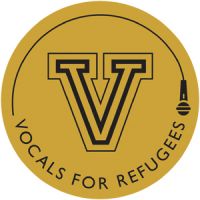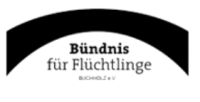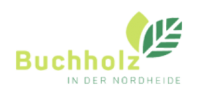
Working together for refugee integration – VOCALS FOR REFUGEES is a project that was carried out in 2017 and focuses on the only language in the world that unites all cultures and people: music. Living integration and shared experiences: the stages of the project are as diverse as the people who take part in it.
We want to send a positive message and say: ‘Germany welcomes people of all cultures.’ We want to raise emotional awareness of this current social issue. VOCALS FOR REFUGEES is a musical project that operates locally but is visible nationwide and beyond national borders.
Project objective: Integration
The VOCALS FOR REFUGEES initiative focuses on the acceptance and integration of people with a migration background. The aim is to strengthen tolerance among people in Lower Saxony towards diversity and new cultures.
The project aims to give young adult refugees in the region access to German culture through music and help them integrate into the community of Buchholz. These young people will gain a new perspective on German culture and integration into society, as well as new opportunities to put this into practice, thereby developing an interest in actively shaping their future in a new country, both in their private and educational lives. Many people with a migrant background now live in Lower Saxony. Tens of thousands of people have been accommodated in various regions of the state on a long-term basis. These people must be integrated into society, into training programmes and into companies. In Buchholz and throughout Lower Saxony, there are also several hundred refugees – adults, children and young people – who want to be integrated into our society and supported in their efforts.
Cooperation
Berlin singer Adesse is supporting this project with his song ‘Unter uns der Himmel’ (The sky above us). The track from the album ‘Fechnerstraße’ is a song full of hope and optimism. It aims to motivate and inspire people. The debut album ‘Fechnerstraße’ was released in spring 2016: ‘This is the street where I grew up and where my mother still lives today,’ explains Adesse. The Berlin artist is the son of a German doctor and an architect from Guinea-Bissau.
Sponsored by



